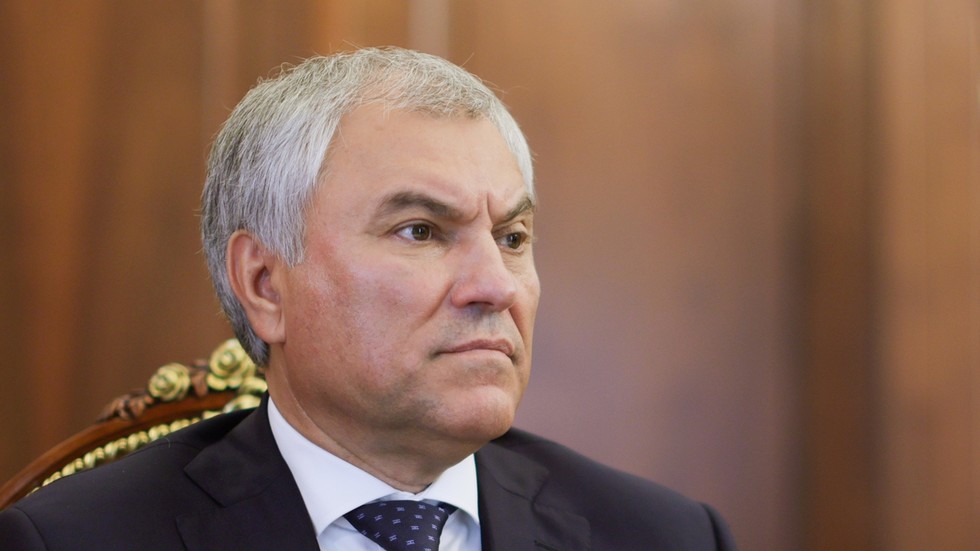Rolling attacks by Moscow on Ukrainian energy infrastructure have forced Kyiv to implement nationwide blackouts.
Weeks of Russian strikes on Ukraine's power grid have forced leaders of the war-ravaged country to institute nationwide rolling blackouts.
However, there are warnings shortages could worsen without the right defences for Ukraine, especially as demand spikes in late summer and freezing winters.
Russian airstrikes targeting the grid since March have brought blackouts back to Kyiv, which hadn’t experienced them since the first year of the war.
An strike in April damaged the Ukrainian capital's largest thermal power plant, while a massive attack on 8 May hit power generation and transmission facilities in several regions.
Half of Ukraine’s energy system was damaged in all, Foreign Minister Dmytro Kuleba said.
Entire apartment blocks in the capital were plunged into darkness as Kyiv's military administration said at least 10% of consumers were disconnected.
For many, it is a taste of what might be in store if Ukraine doesn't find other electricity sources before winter.
With no end in sight to the attacks on the power grid and without a way to adequately defend against them, there are no quick fixes to the electricity shortages, Ukrainian energy minister Herman Halushchenko explained.
Ukraine is appealing to Western allies for more air defence systems and spare parts to fix its Soviet-era plants.
“With each attack we lose additional power generation, so it just goes minus, minus, minus,” Halushchenko said on Tuesday. He made the comments outside a coal-fired plant in central Ukraine that was destroyed in an 11 April attack.
German Foreign Minister Annalena Baerbock joined him on the plant visit, underscoring Ukraine’s desperation to close the power gap as quickly as possible.
Russian strikes have been well-documented against hospitals, schools, maternity wards and theatres, not just on energy infrastructure.
Experts have called it an age-old war strategy for Russia designed to pressure and isolate Ukrainian civilians.
"It's terror bombing," Dr Jade McGlynn, Research Fellow in War Studies at King's College London, told Euronews. "The purpose is to make Ukrainians feel unsafe and place them under considerable psychological pressure."
"It's terrorism."
The plan for winter is to restore power generation as much as possible, according to energy minister Harkavyi. How that will happen isn't clear, he conceded: “The situation is already too difficult."
Ukraine is hoping to acquire parts from long-decommissioned German plants. Harkavyi said Ukrainian teams recently went to Germany to evaluate the equipment, which was taken offline because it doesn't meet European Union environmental standards. I
The teams are still evaluating how to get the equipment back to Ukraine, he said.
“This is the first question,” he said. “The second question is what Ukraine is crying about: We need active protection with air defence systems, and we hope that Mrs. Minister (Baerbock) has seen the scale of destruction and will do everything possible to call for help from the whole world.”

 5 months ago
18
5 months ago
18









